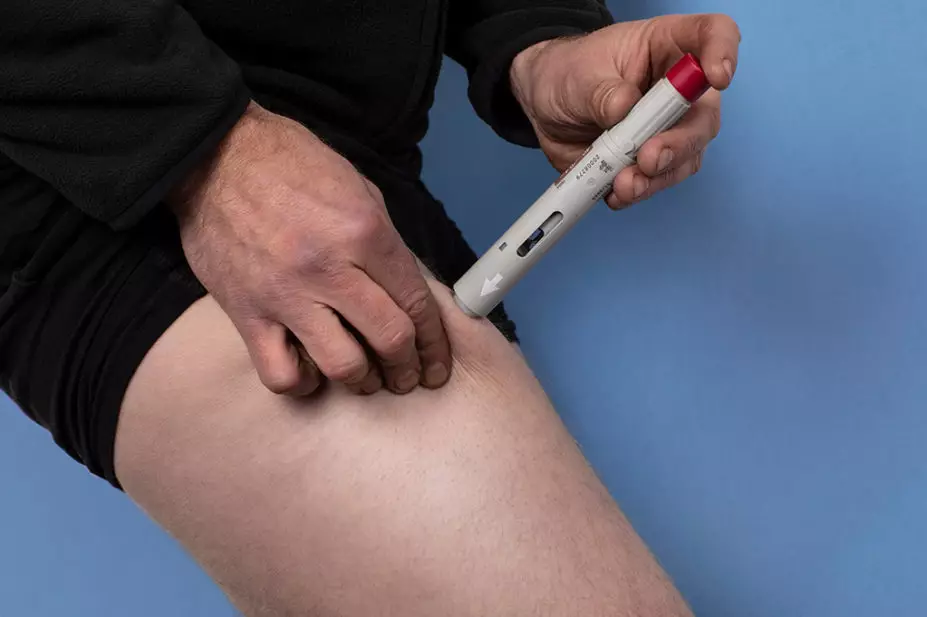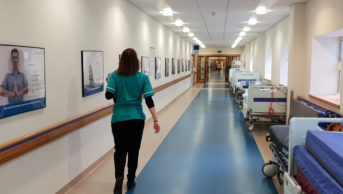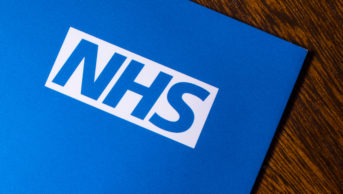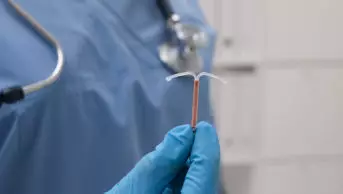
Shutterstock.com
Around four in every five medicines prescribed in the NHS is now non-branded, a move that has saved the NHS £1.2bn in just three years, NHS England has announced.
A third of these savings came from switching patients with rheumatoid arthritis, inflammatory bowel disease and psoriasis from Humira (adalimumab; AbbVie) to biosimilar adalimumab after the exclusive patent on the drug expired in 2018.
A press release, published by NHS England on 1 July 2022, said that “tens of millions of pounds” had been saved since 2018 by buying cheaper generic versions of other medicines for conditions, ranging from severe skin infections to aggressive blood cancers.
The savings were announced three years after the NHS began its transition to a new approach to purchasing generic medicines, requiring suppliers to hold extra medicines in the UK, providing back-up stock that can be quickly mobilised so doctors will be able to access their first-choice treatment for every patient treated in secondary care.
David Webb, chief pharmaceutical officer for England, said clinical staff, including pharmacists and national patient organisations, were “enabling” the NHS to provide high quality, safe patient care from its investment in medicines as well as value for taxpayers.
“We are also delivering on programmes to ensure we are responsible prescribers, using medicines safely and effectively, and with appropriate review, to continue to improve patient outcomes,” he added.
Mark Samuels, chief executive of the British Generic Manufacturers Association, said a “strong relationship” between the NHS and the generic medicines industry was “vital” to providing patient access to treatments while delivering better value for the health service.
“Working in partnership with the British generics industry is helping to ensure that NHS hospitals have a secure supply of medicines for patients across the country, and some of the lowest generic drug prices in Europe are also helping to deliver significant savings for taxpayers,” he said.
Adalimumab came off patent on 16 October 2018 and is used to treat conditions including rheumatoid arthritis, Crohn’s disease and ulcerative colitis.
In November 2018, NHS England announced that it would save £300m from the patent expiry of adalimumab, which was previously the most costly drug used in NHS hospitals, prescribed for around 46,000 patients. This was double previous estimates of £150m per year by 2021.
Ailsa Bosworth, national patient champion for the National Rheumatoid Arthritis Society (NRAS), described the savings as “amazing”.
“The kind of numbers that NHS England were thinking about when that big switch happened were in the order of £200–300m, so £1.2bn is amazing, bearing in mind that a third of that has come from adalimumab biosimilars,” she said.
“It’s important we use NHS resources carefully and we do not waste or squander them.”
However, results from a survey carried out by NRAS in conjunction with several other UK patient organisations, published in the BMJ on 16 February 2022, showed that among 899 patients switched from branded adalimumab to a biosimilar, 53% reported not being asked for consent before switching and 56% said they were not given an option to decline the switch.
“One of the things that we found very clearly were that if people were switched in an appropriate way — given information and had some kind of shared decision-making process — they had generally a better experience of switching than people who were simply sent a letter telling them they were being switched,” explained Bosworth.
“I think people don’t perhaps realise that these medicines are massively important in keeping us able to function — I sometimes feel that we’re numbers on a spreadsheet and the powers that be don’t always realise the impact that these things have on our lives.”
Read more: Half of adalimumab patients did not give consent for biosimilar switch, survey finds


